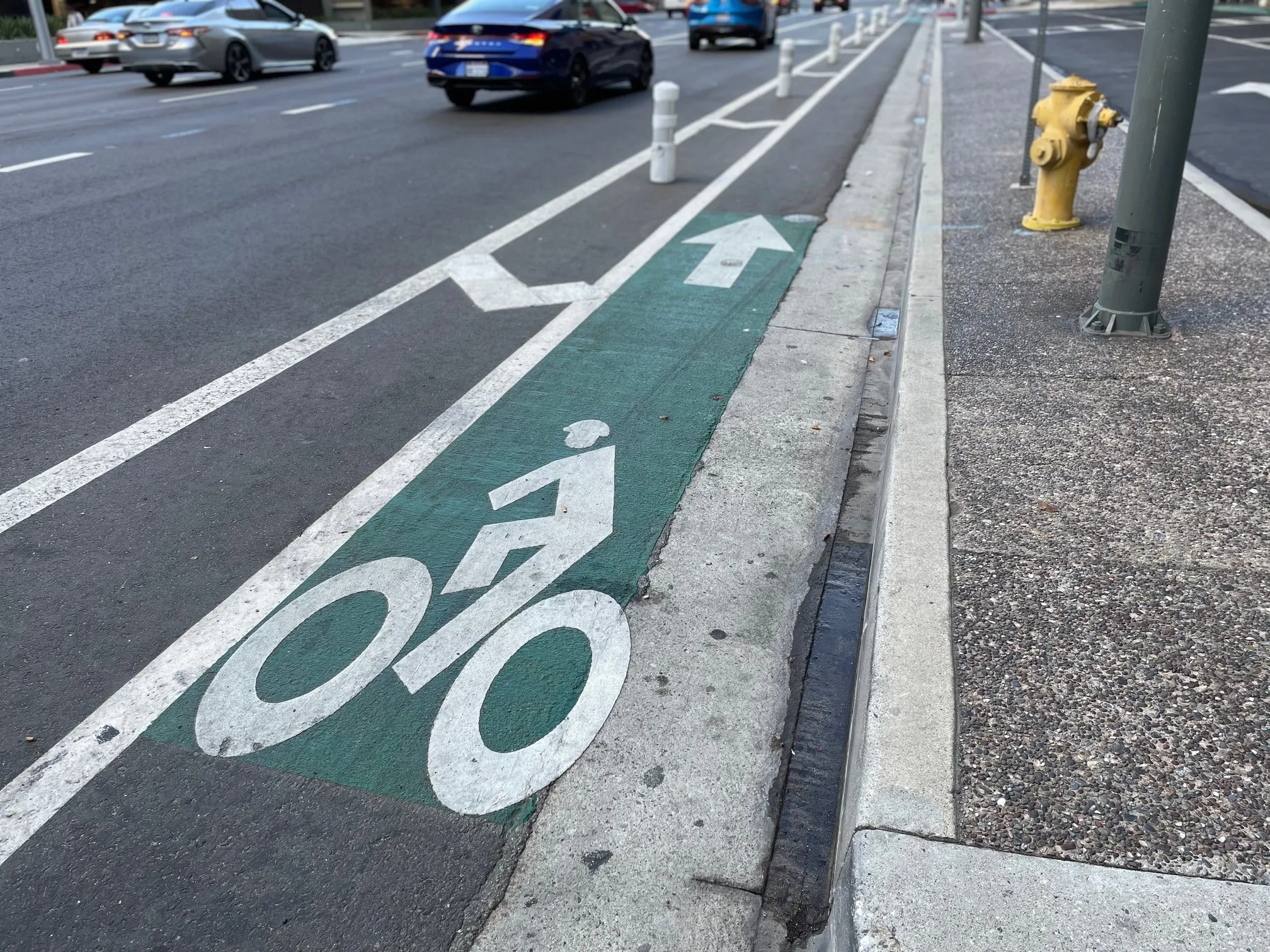
The UK government has announced it is to put £3 billion into a new bus strategy in England, designed to make services more reliable, coordinated and - with the introduction of electric and hydrogen buses - green.
In what it calls "the most ambitious shake-up of the bus sector in a generation", the strategy is designed to produce cheaper, simpler flat fares in towns and cities, greater frequency - and what it claims will be "new flexible services to reconnect communities".
Many in the industry have welcomed the move, but critics are cautious and suggest that more detail on how these services are going to be organised is needed, and that more government money may be required.
The government's overarching idea is that the new measures will encourage more people to use the bus, rather than their private car, as the country recovers from the Covid-19 pandemic.
It hopes to attract them by providing simpler bus fares with daily price caps, an increase in evening and weekend services, the roll-out of contactless payments and hundreds of miles of new bus lanes.
In a statement, it adds: "We expect to see local authorities and operators working together to deliver bus services that are so frequent that passengers can just ‘turn up and go’ – no longer needing to rely on a traditional timetable and having the confidence they won’t wait more than a few minutes."
The country's bus network outside the capital, London, has been deregulated since the 1980s - and the government implicitly admits via its new strategy that this approach has not been successful.
It bemoans the resulting fragmentation and wants local councils and operators to enter what it calls 'enhanced partnerships' or franchising agreements.
Despite the eye-catching headline cash investment, the success of the government's strategy is therefore going to depend on how well private operators and public authorities work together to provide services that local communities actually need.
In rural and suburban areas, the Department for Transport is giving £20 million to trials of on-demand services – such as minibuses booked via an app – where a traditional bus service is not appropriate.
Crucially, the new strategy also looks at integrating services and ticketing across all transport modes, so people can easily move from bus to train - something that is in place already in London.
A key driver for the new plan is to accelerate the transition to greener and more sustainable transport, prime minister Boris Johnson says.
He has pledged to deliver 4,000 new British-built electric or hydrogen buses and to end the sale of diesel buses.
"Buses are lifelines and liberators, connecting people to jobs they couldn’t otherwise take, driving pensioners and young people to see their friends, sustaining town centres and protecting the environment," Johnson says.
"As we build back from the pandemic, better buses will be one of our first acts of levelling up."
Transport secretary Grant Shapps said bus services across England "are patchy, and it’s frankly not good enough".
"The quality of bus service you receive shouldn’t be dependent on where you live. Everyone deserves to have access to cheap, reliable and quick bus journeys."
He concluded that local authorities would need to play a major role: "We will provide unprecedented funding, but we need councils to work closely with operators, and the government, to develop the services of the future."










